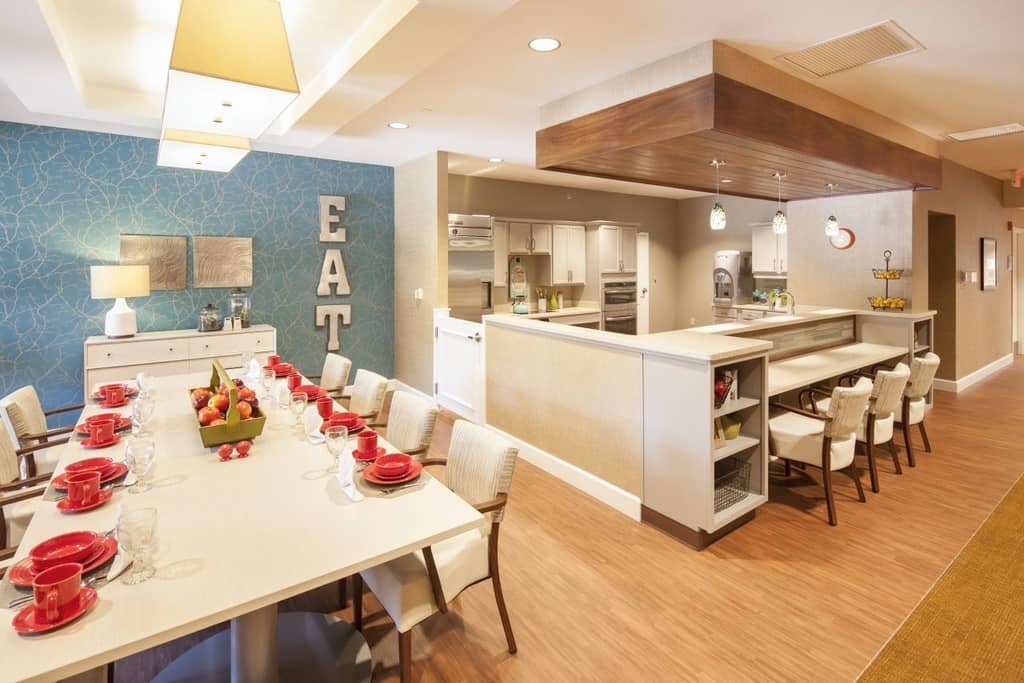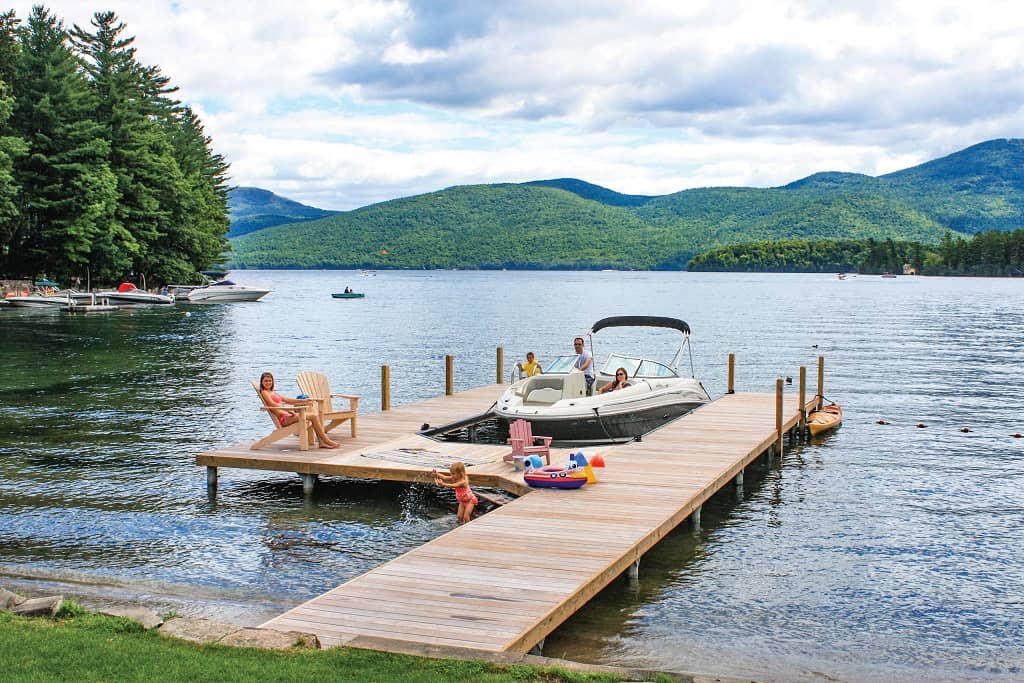If you are worried about how to take care of your loved one who is suffering from dementia which is severe memory loss or Alzheimer’s disease, a memory care facility could be the answer that you have been hoping for.
Many adults who are above the age of 65 require long term care in their lives, however, this doesn’t make it less of a difficult choice to make.
So if you are searching for an adequate facility you need to know that they differ a lot in terms of the costs, staff training, types of care offered and the amenities included.
What Is Memory Care?
It is important to understand that there is a difference between memory care facilities and assisted living facilities.
Both offer similar services such as meals, housing, and specific help with activities of daily living such as using the toilet, bathing, and grooming.
The distinction between the two is that memory care facilities offer specialized care for people who have different forms of dementia, Alzheimer’s disease, and even mild cases of memory loss.
The facilities and staff are well equipped with the necessary skills required to care for seniors that are struggling with cognitive dissonance to help them have a better quality of life for as long as they can.
To make an informed decision about what type of facility is the best for your loved one, you can go through the following points to assess the differences between the two.
- Costs
Memory care costs tend to be higher because these facilities offer specialized care and services that are available for individual needs, unlike with an assisted living facility that generally charges a fixed monthly rate with the option of adding on services.
The price for both is also affected by factors such as location and the community.
- Safety
In a memory care facility, safety is a top priority because many residents are prone to wandering around, falling and they can become aggressive.
Whereas assisted living communities offer standard safety features such as an alarm or an in-room emergency system.
- Amenities
Memory care facilities are designed with specifications and the unique layout helps to decrease confusion of residents with severe cases of dementia.
These communities often offer enclosed amenities such as courtyards and gardens to prevent wandering.
It is common practice for communities to include specific colors and patterns to ensure that residents don’t feel confined and confused.
- Activities
Memory care facilities offer a wide range of activities and therapies that are designed to improve cognitive skills and to provide a comfortable routine for residents.
Moreover, memory-enhancing therapies such as music, art, and reminiscence are tailored to the needs of each individual and they focus on all aspects of health.
- Care
Staff at memory care facilities require thorough and regular training to care for and supervise persons with varying degrees of memory loss.
There is also more one on one sessions throughout the day when compared to assisted living ratios where the residents are more independent and don’t require constant supervision.
The Bottom Line
Sometimes families opt for assisted living facilities even when their loved one is displaying mild dementia, but this doesn’t mean that if the disease progresses and worsens they can’t change to a memory care facility.
You are allowed to change your mind about what you feel is the best solution for your loved one.
A person suffering from cognitive impairment requires round the clock care that you may not be able to provide due to your work and personal schedule, so memory care or assisted living facilities could be what you are looking for.
For More Latest Health Updates, and Information about Memory Care Facility, Visit Ebuzz Spider.





















